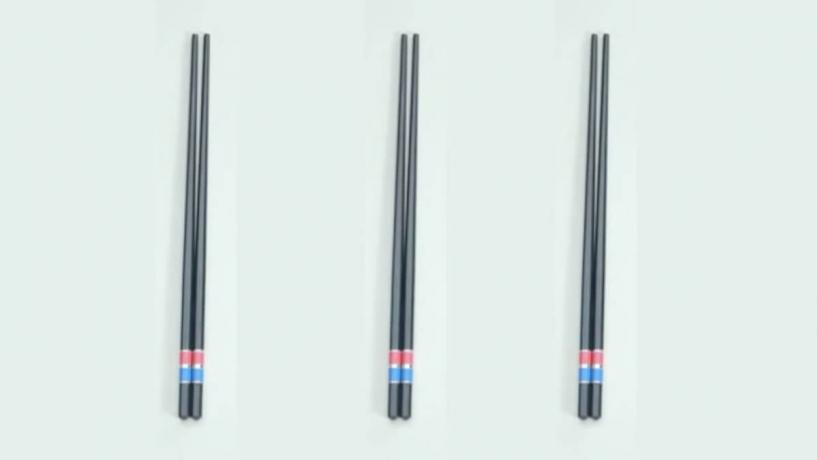
There has been such an abundance of food safety issues in China over the last decade or so, that it is no longer a shock to see yet another food safety scandal appearing in the headlines.
From the use of toxic chemicals, fox meat and recycled cooking all, to pork that glows in the dark, food safety has suffered a serious blow in China, turning diner’s stomachs for years.
However, an idea that began as a joke could have evolved into a concept that turns food safety into a much more achievable goal. ‘Smart chopsticks’, a device which would alert consumers as to how safe the food in front of them actually was, could be the next step in the food safety revolution.
From its humble origin as an April fool’s video, a spokesman for the company now producing these chopsticks stated that originally, there were no serious intentions to pursue the concept. However, following a great amount if external and internal excitement, Baidu has made the effort to turn the Smart Chopsticks concept into a reality.
How They Work and the Impact They Could Have
The chopsticks would work using sensors capable of determining the food’s fitness for consumption. Once the implements had assessed the food sample, the results would then be displayed using a specially designed smartphone app. Amazingly, the Smart Chopsticks would also be capable of detecting high percentages of Total Polar Materials in cooking oil.
Obviously, bad food safety practices have been a significant issue within China for quite some time now, with one of the worst scandals taking place in 2008, when an industrial chemical was illegally added to baby formula, killing 6 infants and causing 300,000 counts of serious illness. Other scandals have included beans drenched in pesticides, toxic bean sprouts, aluminium dumplings and more.
The ‘gutter oil’ scandal has been pinpointed as a particular area of concern. Cooking oil used in the production snacks sold in 7-Eleven and Starbucks was found to have been re-constituted from ofal, tanneries, and the waste oil from other restaurants. Last year, health authorities began to crack down on the manufacturing of such oils, with over one hundred people arrested, and twenty imprisoned. However, it is evident that a problem still exists.
At this point, Baidu has said that they are not sure whether these chopsticks will officially go into production on a commercial level, and there has only been a limited number of prototypes manufactured. Social media users have applauded the concept of the innovative new utensils, and they have already been heralded as a food safety breakthrough for China





